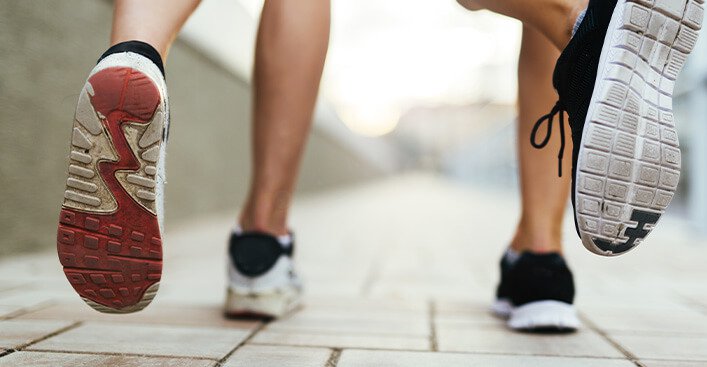
They're also responsible for pain that can last several months. While shin splints are common among runners, other causes include tennis, basketball or any sport that involves frequent starts and stops.
At first you might feel some soreness around your shinbone or light swelling and tenderness in your lower leg. The pain might appear during exercise, afterwards, or it might be constant. No matter when you're affected by shin splints, massage can help.
HOW TO HELP RELIEVE PAIN FROM SHIN SPLINTS
Tight calf muscles are a common cause of shin splints, because they increase the stress on your lower leg. So does repeated force on the connective tissues attaching your muscles to the shinbone, which leads to inflammation. Over-pronation or "flat feet" caused by imbalanced muscles is another contributing factor, as are stress fractures or tiny breaks in your lower leg bones.
At Massage Envy, our professional therapists are experienced in massaging muscles that have developed problems. The first step is to reduce the pain caused by swelling and inflammation, get a
custom a massage near you, and your massage therapist will draw on a variety of techniques to address your particular situation. Find a franchise location now.SHIN SPLINTS TREATMENT THROUGH MASSAGE
Deep Tissue Massage is known for stretching muscles to release tension and tightness, providing deep pain relief, and helping prevent the buildup of scar tissue.
Relaxation Massage's light to medium pressure improves circulation by moving lymphatic fluid, which carries metabolic waste, away from muscles.
Sports Massage targets muscle-tendon junctions, reducing time needed for recovery after a workout and helping increase flexibility to lessen the risk of injury.



